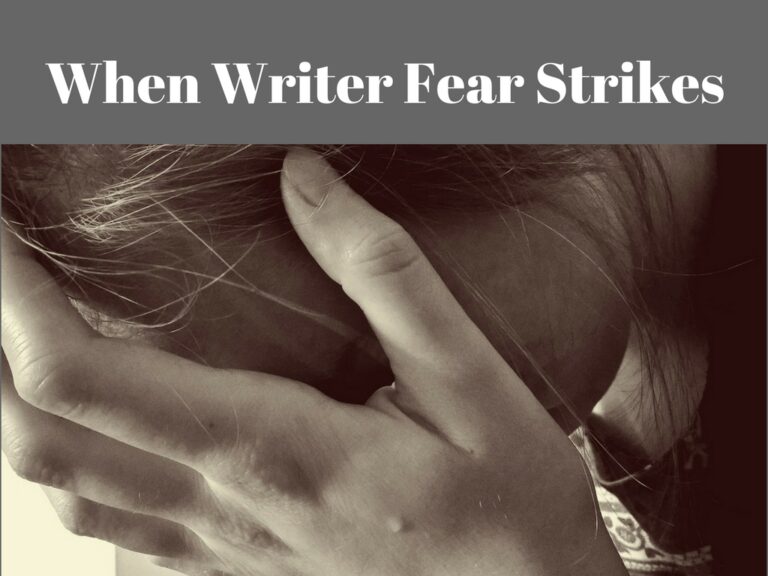Read to Write

Why Read?
Jane Friedman, writing and publishing coach/blogger underscores reading as the basis for good writing:
Establish a reading habit that matches roughly what you hope to write and publish. Make it as important as anything else you schedule in your day,
and never allow busyness to crowd out the time you devote to consuming other good works.
What You Learn Reading
For me, re-reading helps me focus on craft details. The first read is for the sense of story flow. The second reading is much more critical. I’ll stop to take notes.
- Story arc. How does the story start? What challenges happen in the long middle? When does the plot twist?
- Story structure. The beginning, the first plot point, the middle, the obstacles, the conclusion. A quick way to master story structure is to watch a lot of mysteries – movies and TV series episodes.
- Tension. Does every scene have tension? If so what is it? How does the tension build as the story progresses?
- Character development. How many characters are in the story? How are they introduced? What details does the author use to introduce a character? How does the author build on the details? Does each character have an arc? Only some characters? Why? Does it work? How does each character fit in the story?
- Conclusion. Is it satisfying? Why? Do you still like the protagonist? Are the loose ends gathered in and tied up? If not, does it matter to you? Was it a surprise? If not, why not? This is especially important for mystery stories.
- Scene. How does each scene move the story forward? Is each scene a mini-story? Would you write your scene similarly, or use a different technique?
- Tone. How does the writer set the tone? Is it dark? Playful? Serious? Do you like the tone? Does it fit the story? Why?
- Style. Do you keep reading, even if you are tired or have an appointment? Do the words flow? Are the sentences staccato or leisurely? Does the style add to the story? Why?
- Satisfaction. What elements did you as a reader enjoy? When did you want to skip passages? Do you want your story to meet or exceed in reader satisfaction? As a writer, satisfaction is a strong element to review because you want your readers to be satisfied with your story.
How You Benefit from Reading
Gain the most benefit from reading by diversifying. Reading in your genre will up your game. But the lessons you learn reading
outside your genre are just as beneficial because you will incorporate your sense of storytelling into your own writing.
Zara Altair


